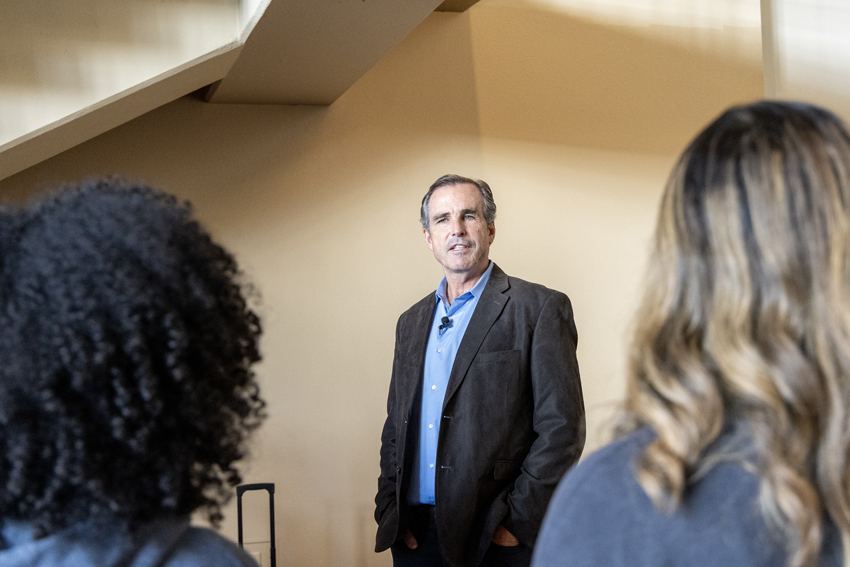
Many teenagers all over America receive conflicting stories about the effects that drugs and alcohol have on their lives. Often a teen’s parents or doctors paint a dark picture of anything that relates to drugs. However, today through the media, teenagers are often exposed to stories from friends or celebrities that portray drugs and alcohol as a harmless hobby.
With all these clashing views in front of them, teens generally have trouble deciphering the facts from the myths. The National Institute on Drug Abuse (NIDA) believes that teens should be given the truth about the real effects that drugs and alcohol have on both the physical and social life of a teenager.
That is why, with the help of the NIAAA (National Institute on Alcohol Abuse and Alcoholism), the NIDA is hosting the sixth annual National Drug and Alcohol Facts Week (Jan. 25-31). The goal of the week is to help teens have an open discussion with adults about drugs and alcohol.
Teenagers who are aware of the negative side effects of a drug may be less likely to use it. National Drug and Alcohol Facts Week encourages teens to get the facts about drugs, instead of just relying on what the media says.
[fusion_soundcloud url=”https://api.soundcloud.com/tracks/244455180″ params=”auto_play=false&hide_related=false&show_comments=true&show_user=true&show_reposts=false&visual=true” width=”100%” height=”150″ iframe=”true” /]
Dr. Sam Hinton believes that making teens aware of the danger of drugs can prevent them from trying them.
“It is important for teens to know negative side effects of drugs for three reasons,” Hinton said. “First you scare them out of using or trying them. Then you give them a logical argument for not starting or a reason to stop. You also help them recognize the symptoms in people they know so they can help them.”
It is important for young adults to learn the truth about drugs that may seem harmless, like marijuana. Many students believe that drugs like marijuana are “safe” to take, especially now since many states contemplate legalizing it.
However marijuana actually has many negative side effects that need to be told to teens. Some short term effects include panic, anxiety, depression, and even the risk of a heart attack. The long term effects can be even more destructive. They include a weakened immune system, growth disorder, possible permanent brain injuries, destruction of lung tissue and confusion.
Teenagers and young adults are at an even greater risk at developing some of these side effects. Dr. Hinton understands the difficulties that come along with being a teenager, and warns about the false promises that come with alcohol and drugs.
“Being a teenager is hard enough,” Hinton said. “The lure of drugs and alcohol promise to make life easier and more exciting but all they do is make life more difficult and depressing. They trap you in a cycle of abuse where you would do anything for more drugs. Young adult’s brains are still developing and drugs can have long term debilitating effects.”

If someone you know is dealing with drugs or alcohol, keeping it a secret will not help them. Dr. Hinton suggests telling someone you can trust so they can assist them or put them into treatment.
“If you know someone who is struggling with drug abuse, tell someone you trust,” Hinton said. “Telling a parent, teacher, pastor or youth group leader can help them get into treatment. You can’t help them by keeping it a secret.”
Raising awareness for the deadly effects of drugs may help put an end to addiction and prevent future generations from seeing them as a way out of a problem. Help raise awareness for National Drug and Alcohol Facts Week by posting about it on your Twitter or other social media account. Let’s make our generation the generation that destroys addiction.
This author can be reached via Facebook, Instagram or Twitter.
For more features, please read Finland education system promotes revolutionary learning.





Marie Fikse • Jan 29, 2016 at 4:34 pm
I love reading your articles Mariana. So proud of you and all your hard work.